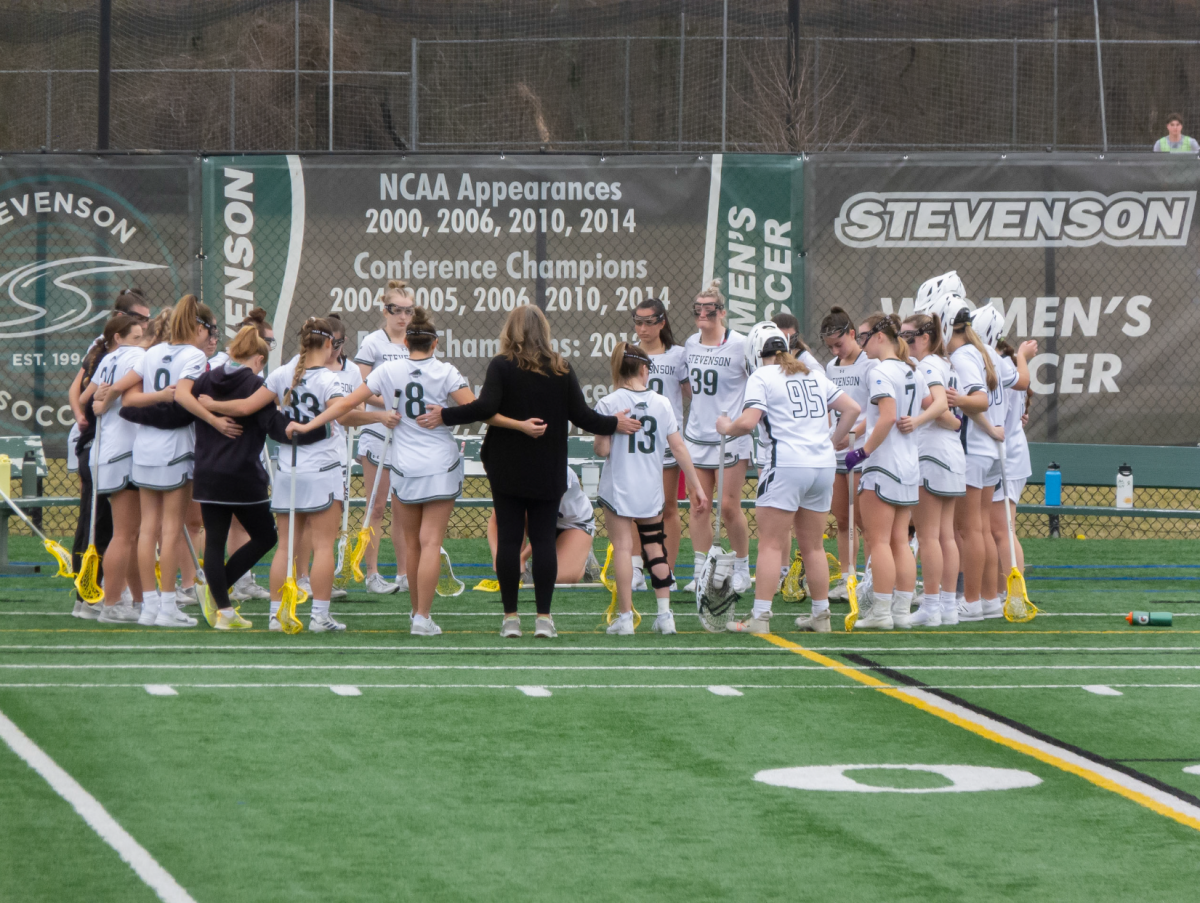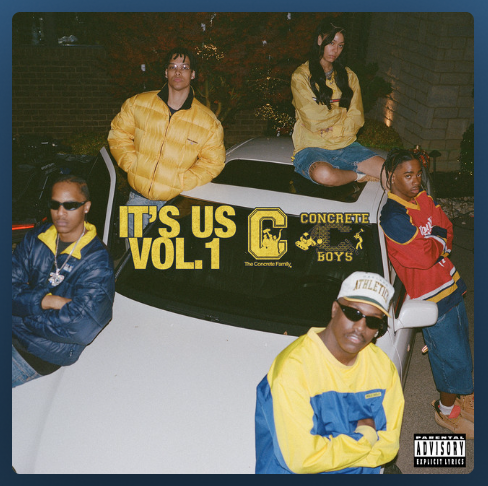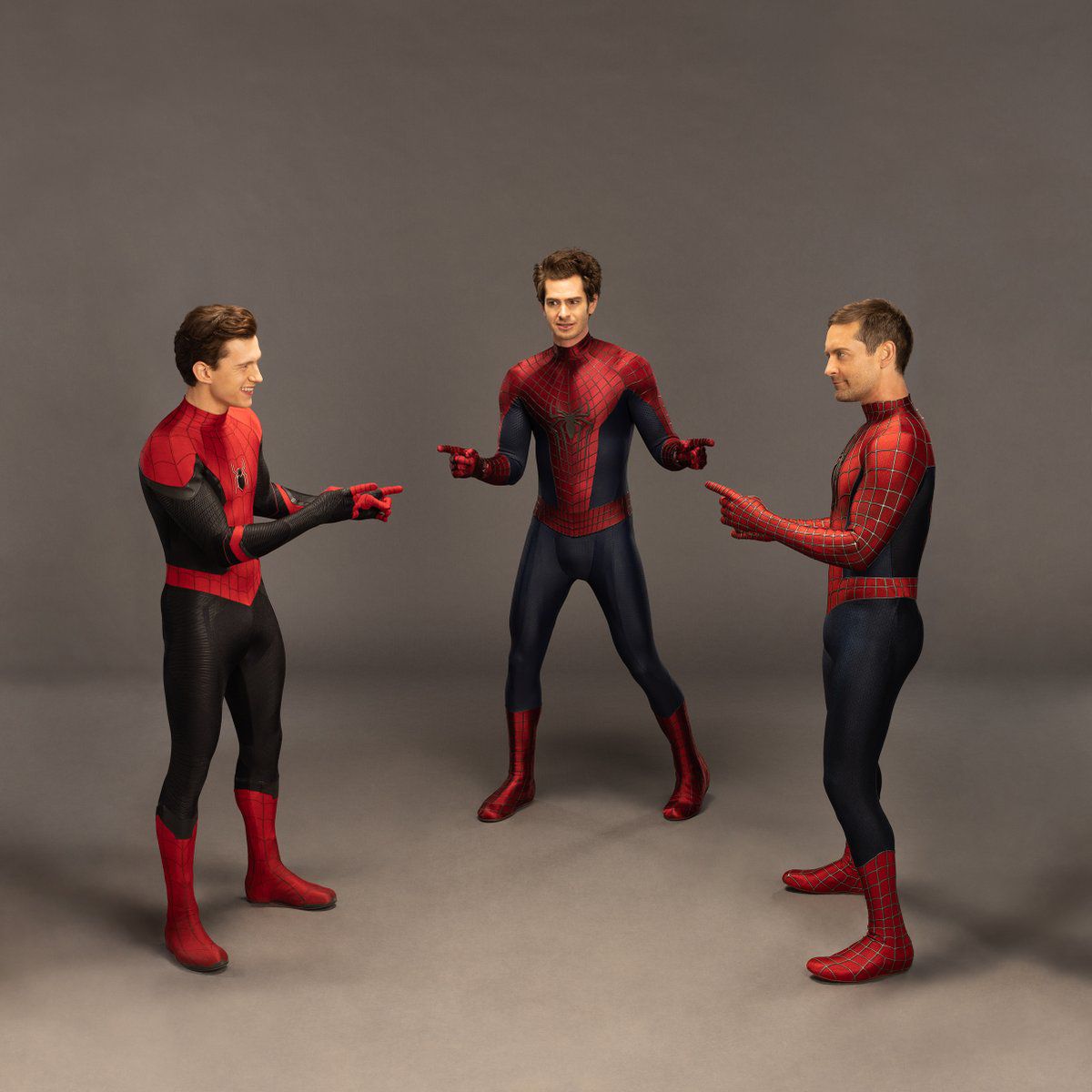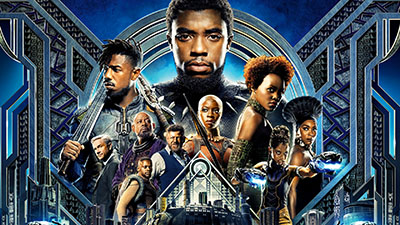Since the Marvel Cinematic Universe (MCU) made its debut with Iron Man in 2008, it has subsequently provided crowd-pleasing, special effect extravaganzas at the expense of pure entertainment.
Whether it’s Iron Man blasting tanks with a single bullet, or Thor taking down an army of Frost Giants with his hammer, comic book readers have flocked to these films to see their favorite characters come to life on the big screen, whereas general audiences see them for a delightful distraction from their lives. But it’s rare that we get a superhero film that uses the superheroes’ special abilities as a backdrop for a story that allows moviegoers to identify the heroes as human figures.

Ryan Coogler’s “Black Panther,” the eighteenth film in the MCU, has been regarded as a cultural milestone. It marks the first film in the Avengers franchise to feature a black superhero in the lead. There have been other superhero films, such as “Blade” and “Hancock,” that featured black actors in the lead role, but “Black Panther” also marks the first superhero flick to feature a largely black cast.
Even though Chadwick Boseman previously made his debut as Black Panther, or T’Challa, in “Captain America: Civil War,” “Black Panther” is self-contained, so general audiences do not need to have seen previous Marvel movies to know the story. The film tells the story of T’Challa who, after the death of his father, T’Chaka, becomes the new king of Wakanda.
The movie, of course, is heavily politicized. The focus that drives the entire film is isolation versus globalization. With all the technological advancement Wakanda has, the leaders of Wakanda argue over what the nation’s responsibility is to a continent that is viewed as a region of third-world countries.
For generations, Wakanda has isolated and posed as a third-world country out of fear of what might happen if its technology fell into the wrong hands. As the head of security of Wakanda’s border, W’Kabi (Daniel Kaluuya) notes, “You let the refugees in, you let in all their problems.” T’Challa, however, believes that Wakanda should be open to sharing its technology and assume leadership in a way that inspires the world into unity.
N’Jadaka (Michael B. Jordan, in his third collaboration with Coogler), the film’s villain, otherwise known as Killmonger in the comics, also wants Wakanda to end its isolationism, but instead shift to globalization. Instead of the usual villains who are motivated by greed and power that Marvel has served its audiences, N’Jadaka is motivated by tragedy.
The dynamic between N’Jadaka and T’Challa is the emotional curve that leaves the biggest impact on the audience. Both characters desire to surpass their fathers and assume the throne of Wakanda. The contrast lies in that T’Challa was promised a land of hopes and dreams, whereas N’Jadaka was denied it.
Coogler already established himself as a talented director with his feature debut, “Fruitvale Station,” but with this film, he has solidified his talent. It’s clear Coogler has a focus in his direction that he never loses. Any normal director could have turned “Black Panther” into the latest commodity of the Marvel Cinematic Universe by simply telling a story about what events in the film happened. But Coogler demonstrates why the events happened. “Black Panther” is a flat-out terrific experience that transcends the superhero movie genre.







































